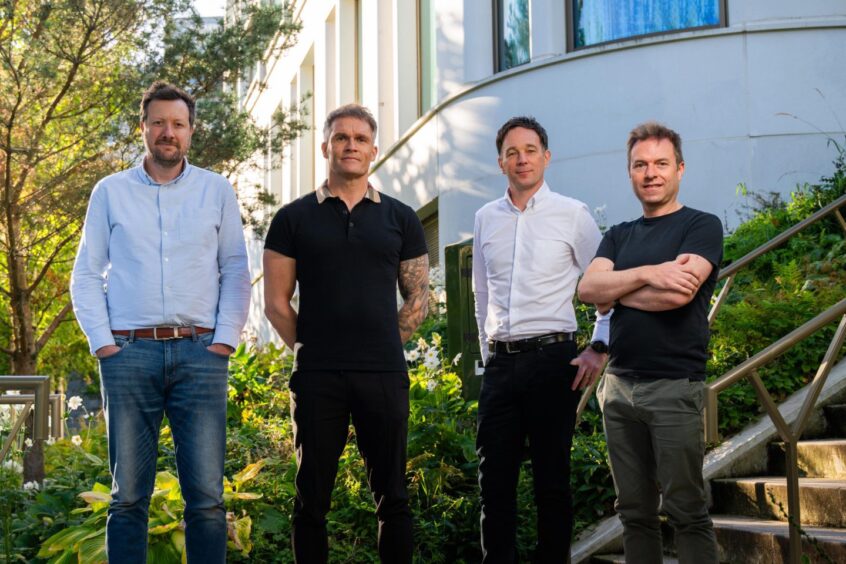
A breakthrough artificial intelligence (AI) project could save taxpayers and the offshore industry billions of pounds in oil and gas decommissioning costs.
Australian-headquartered technology firm Rahd AI has transformed data from over 15,000 wells into a platform it said will drive down costs and increase tax receipts.
The firm built the platform using “the biggest dataset of its kind ever compiled”, mapping key characteristics of oil and gas fields, basins, wells, infrastructure and rigs.
Rahd AI is now working with six of the world’s largest energy companies, including Equinor and TotalEnergies, on a rapid implementation programme.
The Perth-headquartered firm, a portfolio company of Aberdeen’s Ventex, said the programme could cut up to 35% from the UK decommissioning bill.
Rahd AI chief executive Jake Stride said the technology is “game-changing” for the decommissioning sector.
“We expect that Rahd AI will become the industry benchmark for decommissioning,” he said.
“Operators and governments are collaborating to contribute insights and recommendations to the platform, which is then anonymised and securely shared.
“By working together to create these insights, we can provide pathways to lower decommissioning costs across our vast data repository.”
Successful Australian pilot
A pilot of the technology involving the Centre for Offshore Decommissioning Australia (CODA) demonstrated it can achieve as much as a 10% cost saving.
CODA chief executive Francis Norman said using the Rahd AI platform, the organisation achieved an 85% reduction in time spent on data recovery.
“Our work allows for significant potential cost saving on multi-asset campaigns, and with this technology, we have a clear pathway toward facilitating deeper industry insights and achieving enhanced efficiencies across the industry by better deployment and utilisation of solutions,” Norman said.
Now, Rahd AI is working alongside Aberdeen’s Net Zero Technology Centre to validate the results.
Offshore oil and gas firms Equinor, Harbour Energy, TotalEnergies, Repsol, Petrobras and ConocoPhillips are also taking part.
UK decommissioning bill
The UK government has set a target to reduce North Sea decommissioning costs by 10% by 2026, and 35% by 2035.
Inflation has seen estimates for the total decommissioning spend rise as high as £40bn, with operators expected to spend around £24bn between 2023 and 2032.
With further support from government and industry, Rahd AI believes it can achieve the 35% cost saving by 2027, eight years ahead of targets.
If it achieves this, it could save the UK taxpayer around £8bn because of the way tax relief for operators associated with decommissioning costs is calculated.
Offshore companies themselves could also save a further £2bn, Rahd AI said.
Rahd AI and Ventex
The Australian firm is among a growing portfolio of technology companies involved in climate-focused venture studio Ventex.
Led by managing partners Stuart McLeod and ROVOP founder Steve Gray, the ‘unicorn factory’ is focused on accelerating the UK energy transition.
McLeod said Rahd AI is rapidly expanding its platform, and the more data it can access the more efficient it becomes at planning decommissioning work.
“By sharing data and increasing collaboration, energy operators and governments can reduce their decommissioning liabilities,” McLeod said.
Meanwhile, Gray said the AI-driven platform provides a level of insight that was previously “impossible”.
It comes as the Ventex founders continue their strategy of repurposing technologies and skills in the existing energy supply chain to support the net zero transition.
Earlier this month, Ventex acquired remote survey firm ROVtech Solutions, which specialises in the nuclear industry.
Aberdeen’s HPR ROV is also part of the Ventex portfolio.

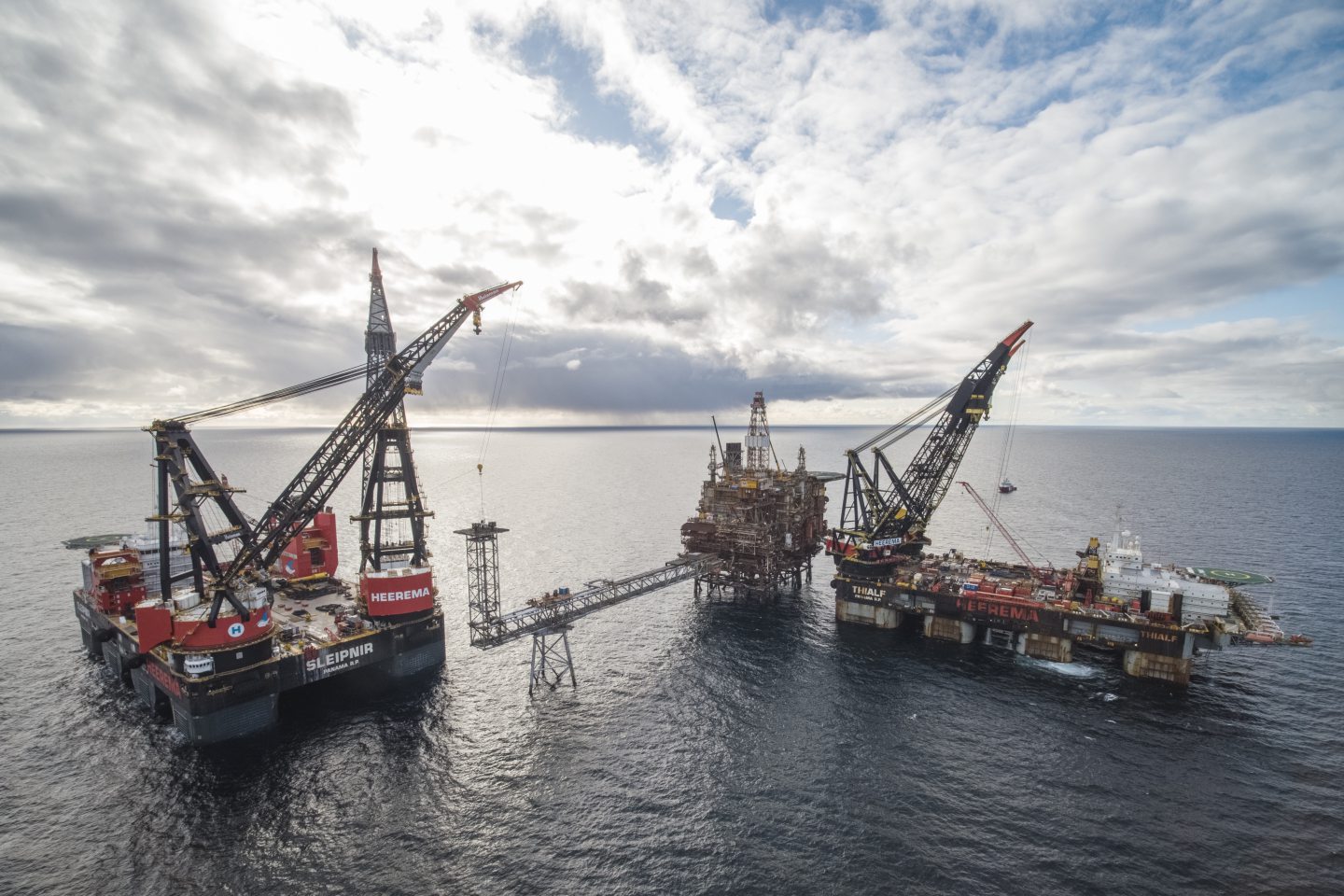 © Supplied by TAQA
© Supplied by TAQA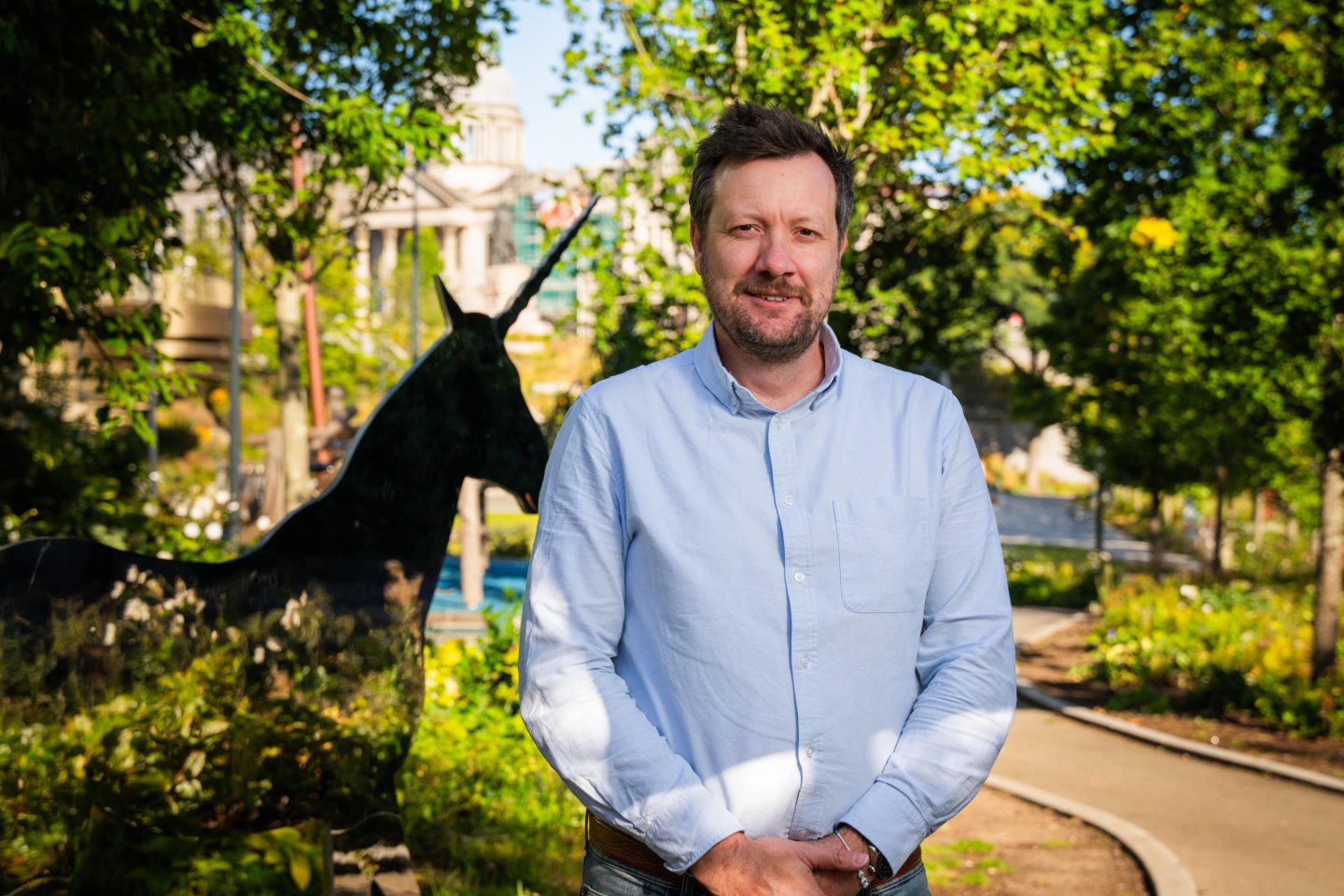 © Image: Rahd AI/True North
© Image: Rahd AI/True North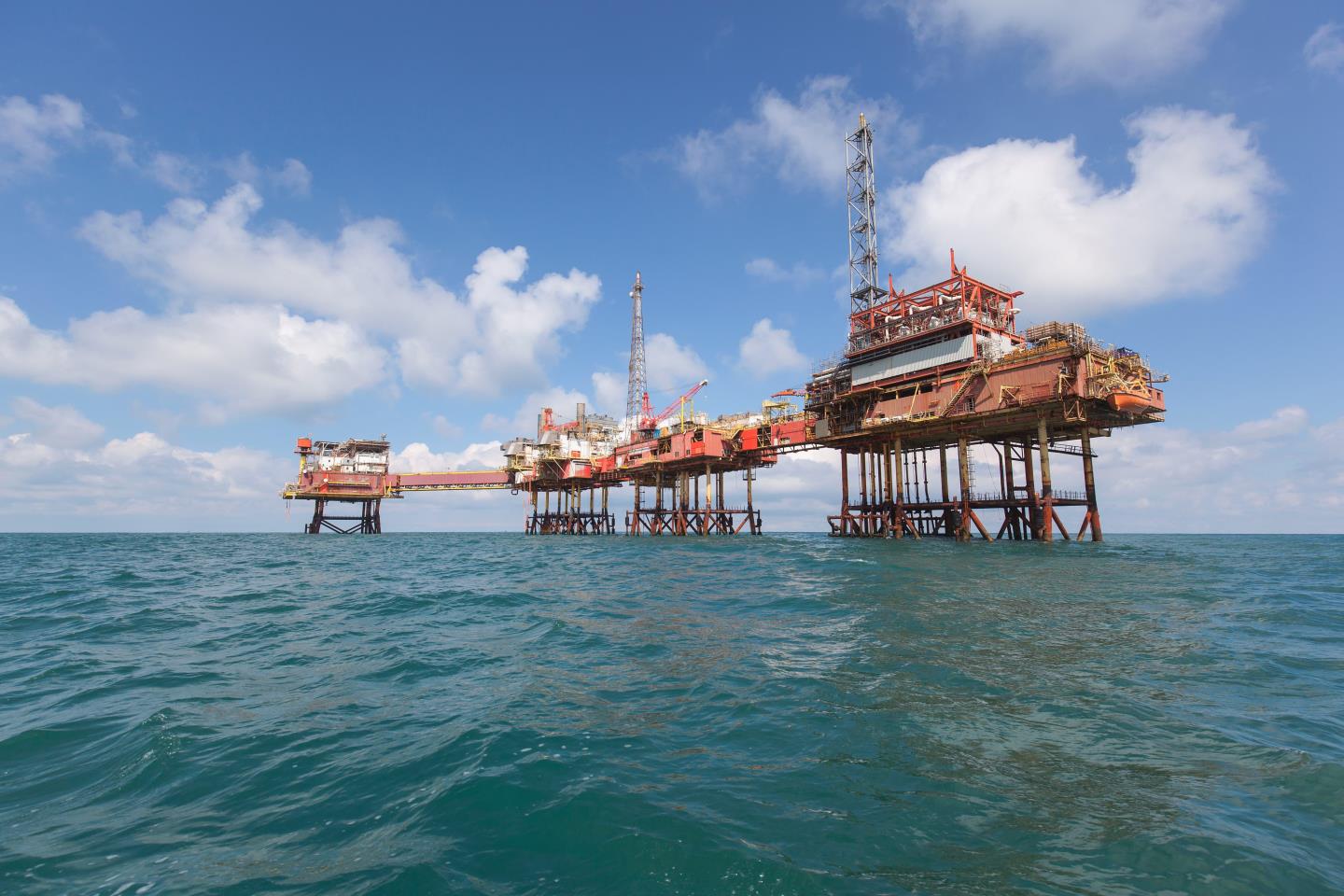 © Supplied by Shutterstock
© Supplied by Shutterstock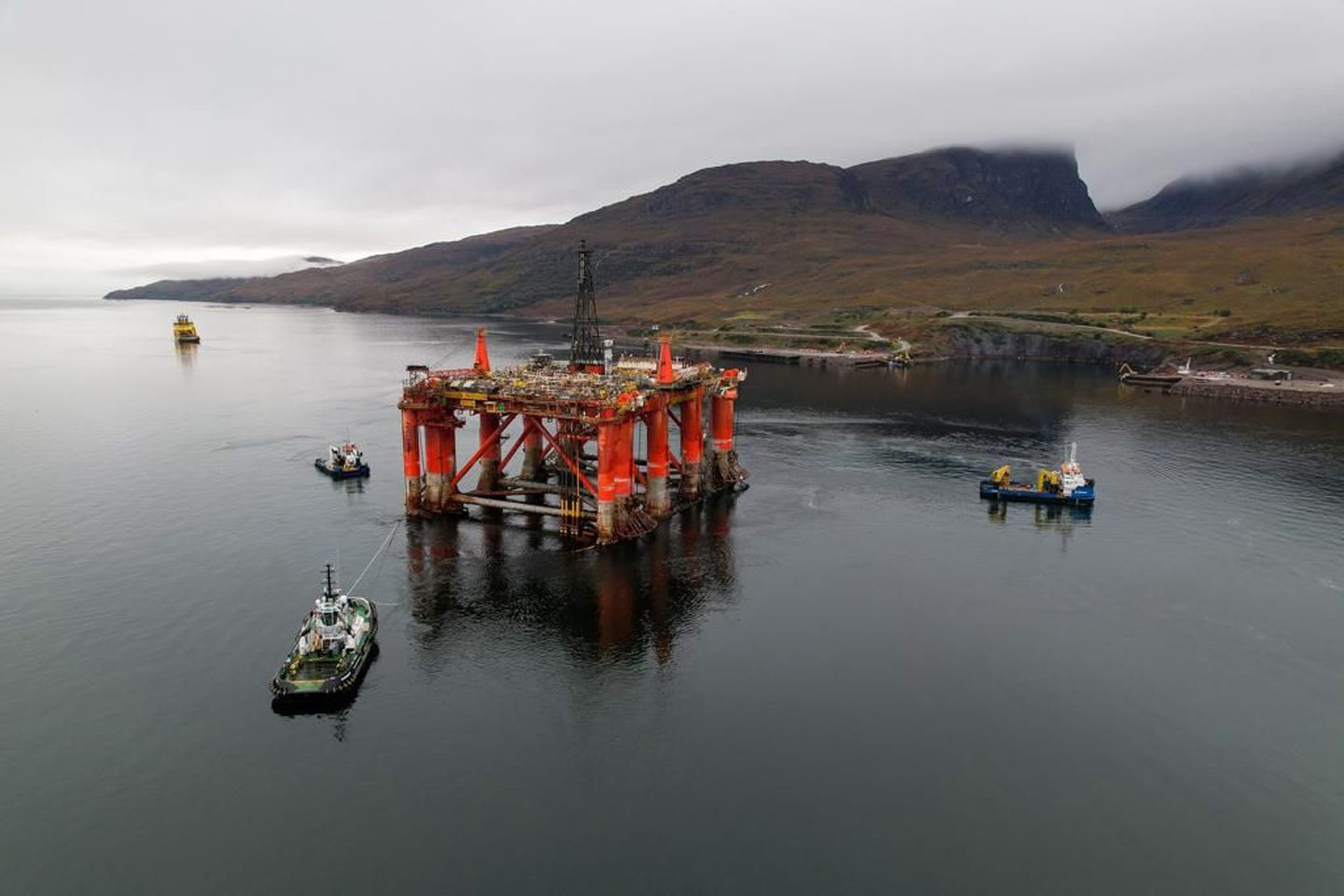 © Supplied by Kishorn Port Limited
© Supplied by Kishorn Port Limited